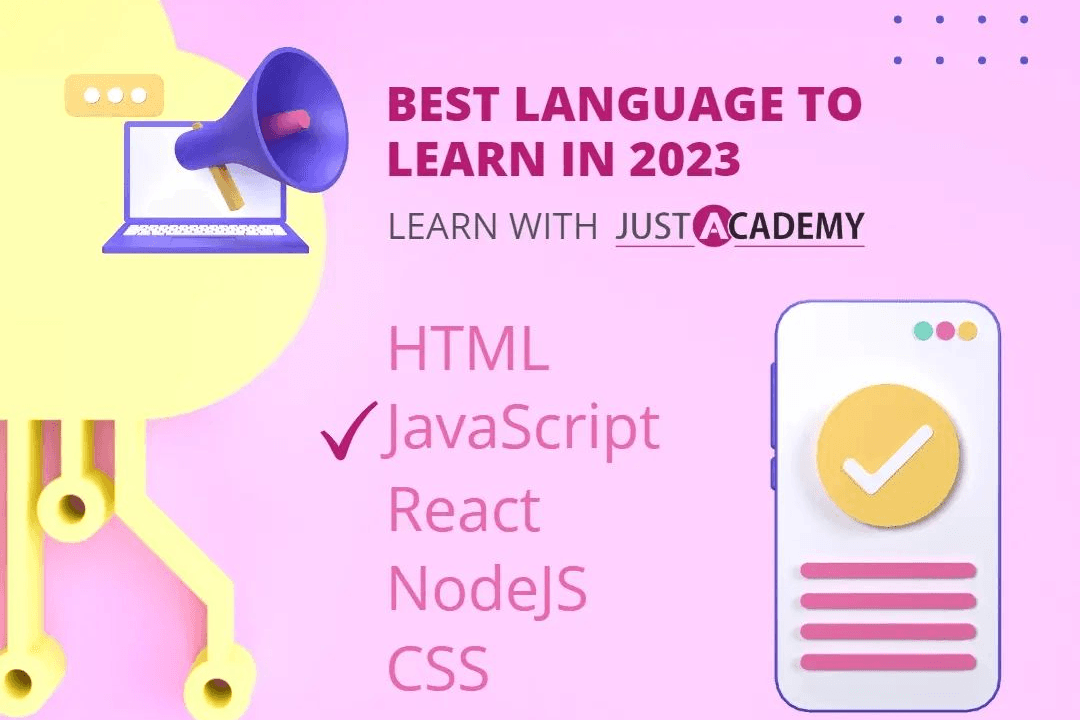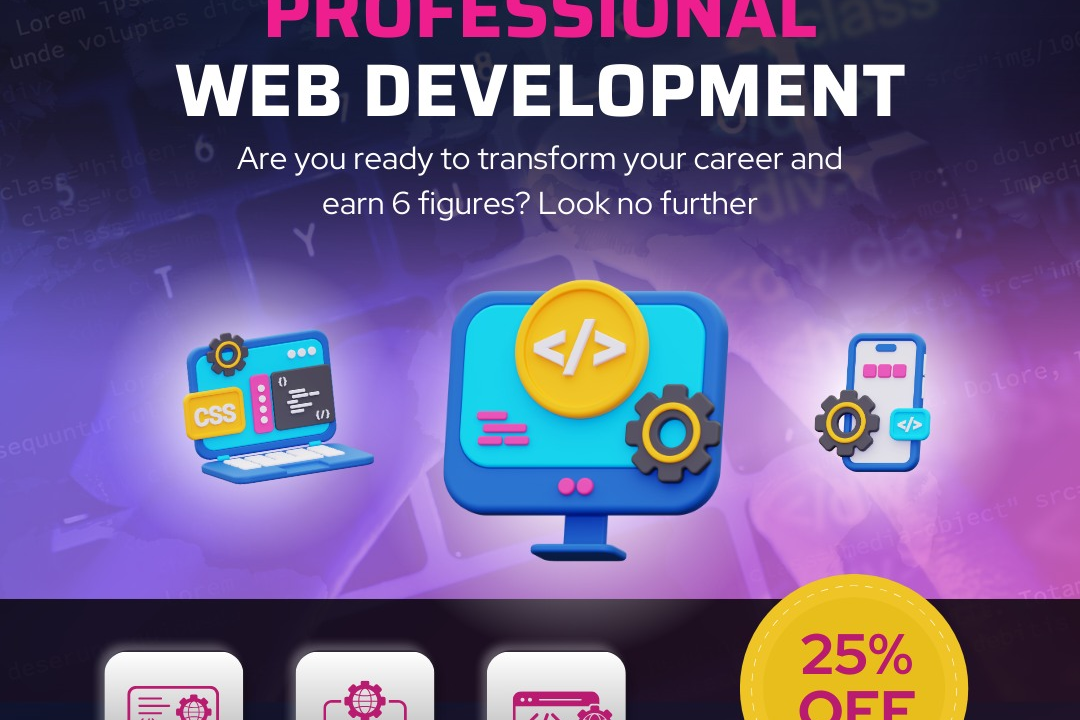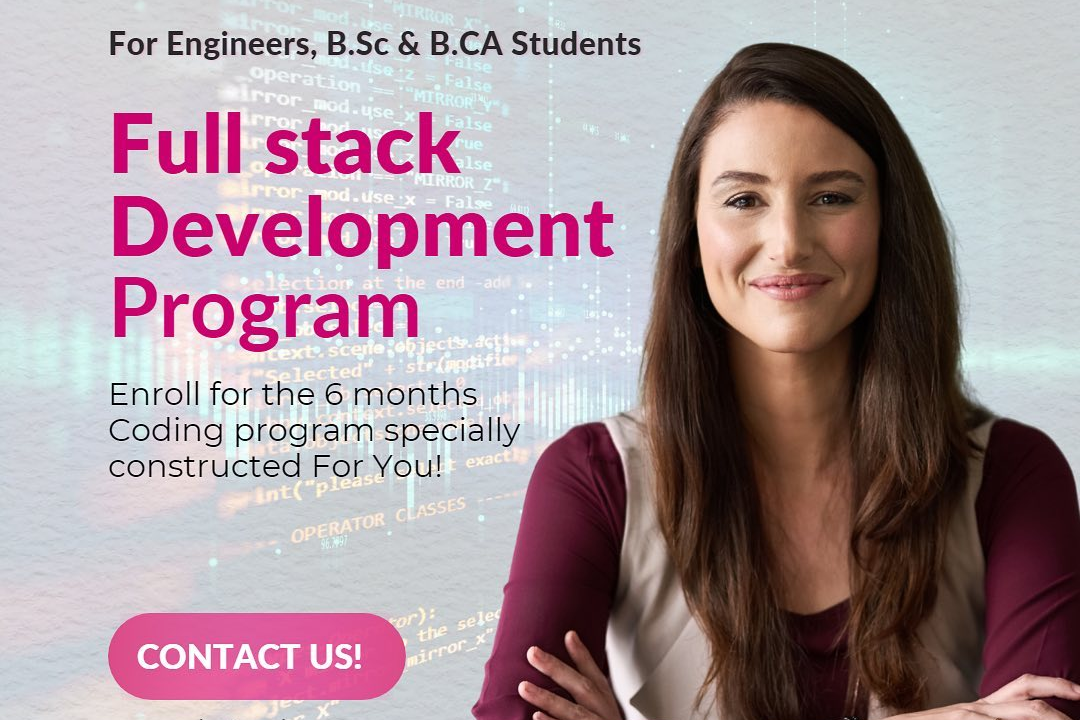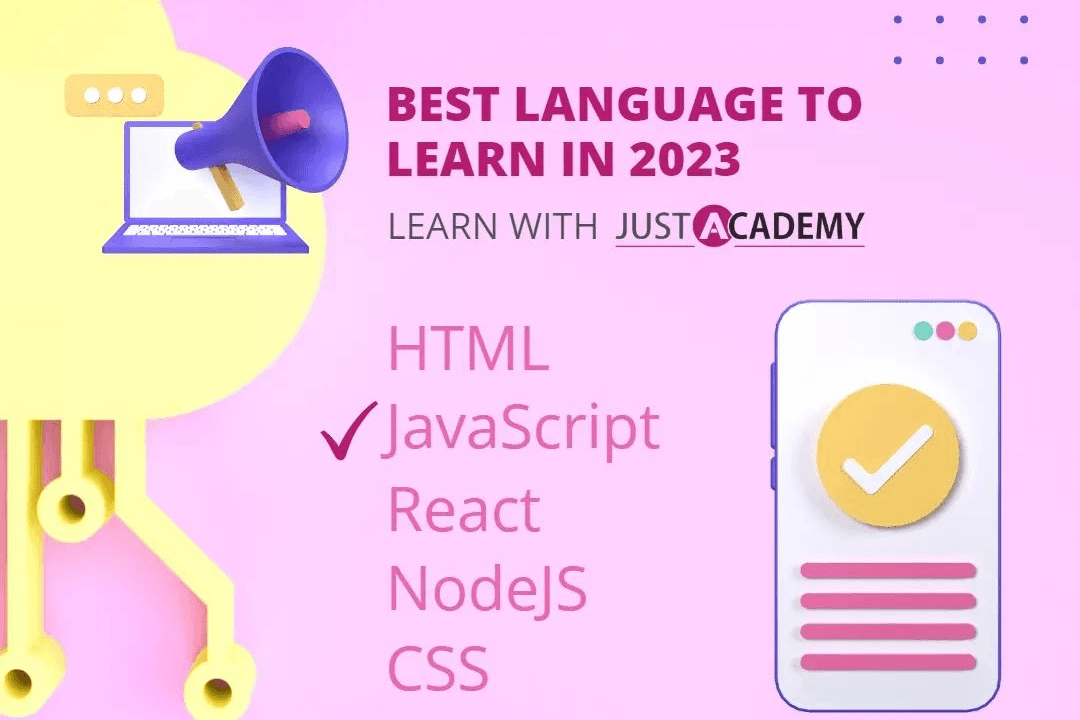Laravel Interview Questions Guru99
Essential Laravel Interview Questions for Success
Laravel Interview Questions Guru99
Laravel interview questions from Guru99 serve as a valuable resource for both aspiring and experienced developers preparing for job interviews in the field of PHP development. These questions cover a wide range of topics related to the Laravel framework, including its architecture, features, and best practices. By familiarizing themselves with these questions, developers can enhance their understanding of Laravel, improve their problem-solving skills, and demonstrate their expertise to potential employers. Additionally, the structured format of these questions allows candidates to gauge their knowledge and readiness, making it an essential tool for effective interview preparation.
To Download Our Brochure: https://www.justacademy.co/download-brochure-for-free
Message us for more information: +91 9987184296
Here are some essential Laravel interview questions along with concise answers:
1 - What is Laravel?
Laravel is a PHP framework designed for web application development, known for its elegant syntax and a focus on routing, sessions, caching, and authentication.
2) What are the key features of Laravel?
Key features include Eloquent ORM, routing, middleware, blade templating engine, task scheduling, and built in authentication mechanisms.
3) What is Eloquent ORM?
Eloquent ORM (Object Relational Mapping) is Laravel's built in ORM that allows developers to interact with the database using a simple and expressive syntax without writing complex SQL queries.
4) What is the purpose of Middleware in Laravel?
Middleware acts as a bridge between a user's request and the application by filtering HTTP requests entering the application, allowing for tasks like authentication and logging to be performed.
5) How does routing work in Laravel?
Routing in Laravel is defined in the routes/web.php file, where developers can map specific URL patterns to controller actions or closure functions.
6) What are Laravel migrations?
Migrations are version controlled scripts that enable developers to create, modify, and share database schemas efficiently, ensuring that databases can be synchronized across different environments.
7) What is the Blade templating engine?
Blade is Laravel's lightweight templating engine that allows developers to create dynamic web pages using a clean and expressive template syntax alongside conventional PHP.
8) How can you secure a Laravel application?
Security can be enhanced using Laravel's built in features like CSRF protection, XSS protection, SQL injection prevention, and proper password hashing with bcrypt or Argon2.
9) What is the purpose of the service container in Laravel?
The service container is a powerful dependency injection container that manages class dependencies and performs dependency injection automatically.
10) What are Laravel Jobs and Queues?
Jobs represent individual tasks that can be queued and executed asynchronously in the background using Laravel's queue system, improving application performance and user experience.
11 - How does Laravel's authentication work?
Laravel provides a simple and ready to use authentication system including user registration, login, and password reset features, all configured with minimal setup.
12) What is the purpose of Laravel Artisan?
Artisan is Laravel's command line interface that provides various helpful commands for database migrations, seeding, creating controllers, and more to streamline development activities.
13) What are environment variables in Laravel?
Environment variables are defined in the .env file and are used to store app configurations like database connections, API keys, and other settings without hardcoding them into the application.
14) What is the significance of service providers in Laravel?
Service providers are the central place of configuration in a Laravel application, where developers can register services, bind classes into the service container, and perform any necessary bootstrapping.
15) How do you implement API development in Laravel?
API development can be implemented in Laravel using routes defined for API versioning, controllers that handle requests, and responses formatted with JSON, alongside features such as API authentication with Passport or Sanctum.
This compilation of questions and answers serves as an excellent guide for any Laravel interview preparation.
Here’s an expanded list of Laravel interview questions along with detailed answers:
16) What are Laravel facades?
Facades in Laravel provide a static interface to classes that are available in the service container, allowing developers to utilize functionality without directly instantiating the class, simplifying the process of accessing services.
17) Can you explain Laravel's routing groups?
Routing groups allow you to group routes that share common attributes, such as middleware or prefixes, in order to streamline the definition of routes and maintain cleaner code.
18) What is a Seeder in Laravel?
Seeders are classes used to populate the database with initial data for testing purposes. They can be run to insert data into tables, making it easier to set up an application environment.
19) Explain the concept of Policies in Laravel.
Policies in Laravel are used to authorize actions that a user can perform on a given resource. They centralize authorization logic and can be applied to models, simplifying permission checks.
20) What is Laravel’s CSRF Protection?
Cross Site Request Forgery (CSRF) protection in Laravel ensures that state changing requests (like form submissions) are safe and come from the authenticated user by generating a unique token that is verified on each request.
21 - How can you handle file uploads in Laravel?
File uploads can be handled by using Laravel’s built in request handling methods. You can validate the uploaded files and store them in specific directories using the Storage facade or the move() method.
22) What is the use of the “routes:cache” command in Laravel?
The `php artisan route:cache` command is used to compile your application's routes into a single file, improving performance by reducing the time taken to register routes during each request.
23) Explain the concept of queues in Laravel.
Queues allow you to defer the processing of a time consuming process, such as sending an email or processing a video, to a later time, improving application responsiveness and user experience.
24) What are Laravel events and listeners?
Events in Laravel allow you to subscribe and listen to specific occurrences within your application, while listeners are the classes that handle those events, promoting a decoupled architecture.
25) How does Laravel implement Localization?
Laravel supports localization by allowing developers to store language files in the `resources/lang` directory. Users can switch languages on the application by using the `app() >setLocale()` method.
26) What is the purpose of the `config()` function in Laravel?
The `config()` function in Laravel retrieves values from the configuration files located in the `config` directory, allowing developers to manage application settings easily.
27) How can you create RESTful APIs in Laravel?
To create RESTful APIs, you define routes for standard actions (GET, POST, PUT, DELETE) and map them to corresponding controller methods that handle request processing and responses.
28) What is the difference between route model binding and manual model binding?
Route model binding automatically retrieves a model instance based on the route parameter, while manual model binding requires an explicit query to fetch the model instance, adding more control when necessary.
29) What is the use of the @csrf directive in Blade templates?
The `@csrf` directive generates a hidden input field containing a CSRF token to protect forms from cross site request forgery attacks in Laravel applications.
30) Explain the concept of broadcasting in Laravel.
Broadcasting allows developers to share real time events between their server and client side, facilitating live updates by leveraging technologies like WebSockets, enabling features like chat applications and notifications.
31 - What is Laravel Horizon?
Horizon is a dashboard and configuration system for Laravel queues, providing insights into the job statistics, performance metrics, and allowing for real time monitoring of queues.
32) How do you prevent SQL Injection in Laravel?
Laravel's Eloquent ORM uses prepared statements, which automatically handle SQL injection risks by binding parameters securely, negating the need for manual query sanitation.
33) What are custom validation rules in Laravel?
Custom validation rules enable developers to define their own validation logic that can be reused across different forms or requests, enhancing the robustness of data validation.
34) How to use dependency injection in Laravel?
Dependency injection in Laravel is utilized by type hinting dependencies in class constructors or functions, allowing Laravel's service container to automatically resolve and inject the required classes.
35) Explain how to create a custom Artisan command in Laravel.
To create a custom Artisan command, you can use the `make:command` Artisan command, generate a new command class, and define the signature and logic in the newly created file.
This expanded list provides a comprehensive resource for anyone preparing for a Laravel related interview, covering a range of fundamental and advanced topics within the framework.
Course Overview
The “Laravel Interview Questions Guru99” course offers a comprehensive exploration of essential and advanced Laravel concepts, designed to equip learners with the knowledge and skills needed to excel in technical interviews. Participants will engage with a curated list of commonly asked interview questions, complete with detailed explanations, best practices, and practical examples. The course emphasizes real-time project experiences, enabling students to understand how to apply Laravel's features effectively. Ideal for aspiring developers and professionals seeking to enhance their Laravel proficiency, this course serves as a vital resource for mastering Laravel and securing a successful career in web development.
Course Description
The ‘Laravel Interview Questions Guru99’ course is meticulously designed to prepare aspiring web developers for technical interviews by focusing on a broad spectrum of essential Laravel concepts. This course presents a curated selection of commonly asked interview questions, alongside comprehensive answers and explanations that delve into key features and functionalities of the Laravel framework. Through engaging content and real-time project scenarios, students will not only gain theoretical knowledge but also practical experience, empowering them to tackle coding challenges and articulate their understanding of Laravel effectively. Ideal for learners aiming to enhance their skills and increase their employability in the competitive web development landscape, this course serves as a crucial stepping stone towards mastering Laravel and securing job opportunities.
Key Features
1 - Comprehensive Tool Coverage: Provides hands-on training with a range of industry-standard testing tools, including Selenium, JIRA, LoadRunner, and TestRail.
2) Practical Exercises: Features real-world exercises and case studies to apply tools in various testing scenarios.
3) Interactive Learning: Includes interactive sessions with industry experts for personalized feedback and guidance.
4) Detailed Tutorials: Offers extensive tutorials and documentation on tool functionalities and best practices.
5) Advanced Techniques: Covers both fundamental and advanced techniques for using testing tools effectively.
6) Data Visualization: Integrates tools for visualizing test metrics and results, enhancing data interpretation and decision-making.
7) Tool Integration: Teaches how to integrate testing tools into the software development lifecycle for streamlined workflows.
8) Project-Based Learning: Focuses on project-based learning to build practical skills and create a portfolio of completed tasks.
9) Career Support: Provides resources and support for applying learned skills to real-world job scenarios, including resume building and interview preparation.
10) Up-to-Date Content: Ensures that course materials reflect the latest industry standards and tool updates.
Benefits of taking our course
Functional Tools
1 - Laravel Framework: At the core of the course is the Laravel framework itself, known for its elegant syntax and powerful features. Laravel enables developers to build robust web applications with ease, utilizing MVC architecture, routing, middleware, and templating engines. Students will gain hands on experience in building applications, which deepens their understanding of the framework’s capabilities. Mastering Laravel is critical for any web developer looking to excel in the job market.
2) PHP Language: Being built on PHP, the Laravel framework requires an in depth knowledge of this scripting language. The course covers PHP fundamentals and advanced techniques, helping students to solidify their programming foundations. Through various projects and coding exercises, participants will learn how to effectively use PHP in conjunction with Laravel, ensuring they are prepared to tackle real world development challenges.
3) Composer: Composer is a dependency manager for PHP that plays a crucial role in Laravel development. This course includes training on how to use Composer to manage libraries, packages, and dependencies within Laravel projects. By learning Composer, students will understand how to streamline their development processes, enable easy updates, and enhance application functionality without coding everything from scratch.
4) MySQL Database: MySQL is the most commonly used database with Laravel applications, and the course provides detailed coverage of database interactions and migrations. Students will learn how to create, read, update, and delete (CRUD) operations using MySQL. Additionally, they will explore Eloquent ORM (Object Relational Mapping), which simplifies database interactions, allowing developers to work with their data effortlessly.
5) Blade Templating Engine: Laravel’s Blade templating engine simplifies the process of building dynamic web interfaces. The course guides students through creating views with Blade, teaching them how to streamline their HTML and PHP code, utilize template inheritance, and include reusable components. Mastering Blade enhances students’ ability to create intuitive, responsive user interfaces for their applications.
6) Postman: To test APIs developed with Laravel, the course incorporates training on Postman, a popular API testing tool. Participants will learn how to create and test API endpoints, handle authentication, and send various types of requests. This hands on training not only reinforces their understanding of RESTful APIs in Laravel but also prepares them for real world scenarios where API testing is essential.
By incorporating these tools into the training program, the Laravel Interview Questions Guru99 course equips students with the necessary skills and hands on experience to excel in web development roles, thereby enhancing their employability prospects in a competitive job market. Through practical application and expert instruction, learners will gain confidence in their abilities, making them well prepared for technical interviews and careers in the field.
Sure! Here are additional points to enhance the Laravel development course content:
7) Laravel Routes and Middleware: Understanding routing is fundamental to building Laravel applications. This course dives deep into defining routes, route parameters, and named routes. Additionally, students will learn about middleware, which allows for filtering HTTP requests entering their application. By mastering routing and middleware, participants can effectively control access and enhance application security and performance.
8) Authentication and Authorization: Security is vital for any web application. The course will cover Laravel's built in authentication system, allowing students to implement user registration, login, password resets, and email verification seamlessly. Additionally, the course will delve into user roles and permissions, enabling learners to create sophisticated authorization mechanisms within their applications, ensuring only authorized users can access certain features.
9) RESTful API Development: A crucial aspect of modern web applications involves API development. This course will guide students through building RESTful APIs using Laravel, covering concepts like controllers, resources, and routes. Participants will learn how to manage API versions, handle responses, and apply authentication strategies, allowing them to build scalable and maintainable applications that interact with front end frameworks or mobile apps.
10) Testing with PHPUnit: Quality assurance is essential in software development, and Laravel provides robust testing capabilities. This course will introduce students to PHPUnit, the testing framework integrated with Laravel. Learners will discover how to write unit tests and feature tests, ensuring their code is reliable and functions as intended. Understanding testing methodologies will empower students to deliver high quality applications to their clients.
11 - Form Validation: Proper data validation is critical for any application to maintain integrity and security. This course focuses on Laravel's validation features, teaching students how to validate user input effectively before processing. Students will learn about validation rules, custom messages, and how to handle validation errors, ensuring their applications remain secure and user friendly.
12) Database Seeding and Factories: To streamline the development process, students will learn how to use database seeding and factories in Laravel. This allows them to populate the database with sample data for testing purposes. By understanding these concepts, learners can quickly set up and test different scenarios within their applications, improving productivity and enhancing the overall development experience.
13) Cache Management: Performance optimization is key in web applications, and caching is a powerful technique. This course will cover Laravel's caching mechanisms, teaching students how to store data in various cache drivers (like Redis or Memcached) for faster access. By implementing caching strategies, learners can significantly improve their application's performance and respond times.
14) Error Handling and Logging: Every application encounters errors at some point. This course will teach students how to manage errors effectively using Laravel’s built in error handling. Participants will learn how to customize error pages, log errors using Monolog, and monitor application performance using logging tools. Mastering error handling assures students that they can maintain a robust application with minimal downtime.
15) Laravel Mix: For an optimal front end experience, the course will introduce Laravel Mix, a tool for compiling and optimizing assets. Students will learn to manage CSS and JavaScript files, handle versioning, and integrate pre processors like SASS or LESS. Understanding Laravel Mix enables participants to streamline their asset management process, providing enhanced performance for their applications.
16) Deployment Practices: Knowing how to deploy applications is just as important as building them. This course will teach students various deployment processes, covering tools like Forge, Envoyer, and shared hosting environments. Learners will understand how to set up their applications on different servers, manage environment variables, and ensure smooth rollouts of updates.
17) Community and Ecosystem: Students will learn about the vibrant Laravel community and the rich ecosystem it offers. This includes understanding how to leverage community packages, forums, and online resources. Engaging with the Laravel community can be a valuable resource for ongoing learning and support in their development journey.
By covering these additional points, the Laravel development course will provide students with a comprehensive and practical understanding of the framework, preparing them for successful careers as web developers. Each module will be designed not only to teach theoretical knowledge but also to emphasize real world application through projects and hands on experience.
Browse our course links : https://www.justacademy.co/all-courses
To Join our FREE DEMO Session: Click Here
This information is sourced from JustAcademy
Contact Info:
Roshan Chaturvedi
Message us on Whatsapp:
Email id: info@justacademy.co
Node React Js Interview Questions












